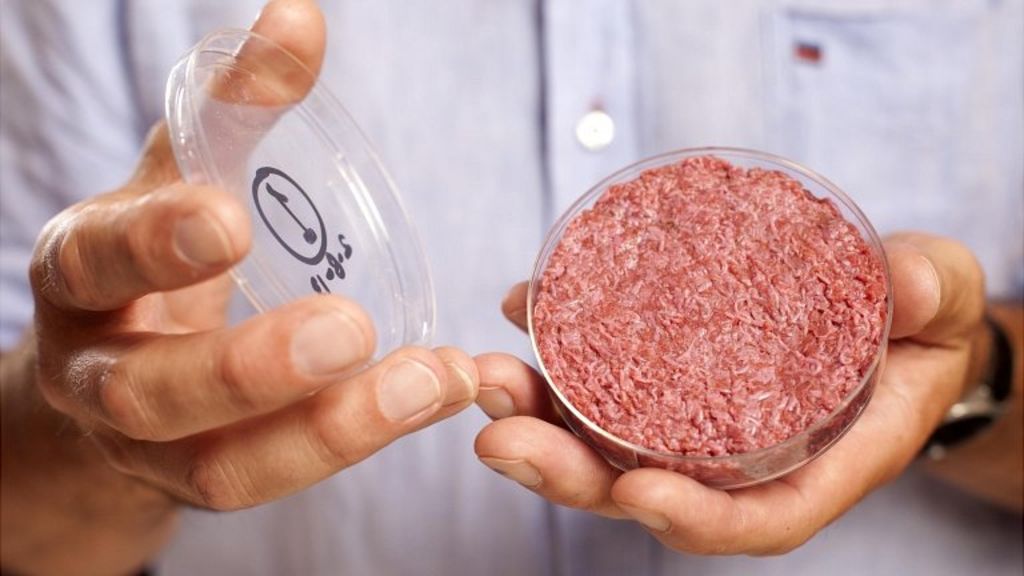MZANSI MEAT COMPANY AIMS TO PRODUCE POPULAR DELICACIES IN A HIGH-TECH WAY
The South-African Mzansi Meat Company is aiming to combine technology with tradition by producing local delicacies using cultured meat methods.
The company, which was set up last year, plans to use cells harvested from living animals to produce foods such as a type of sausage popular in southern Africa called boerewors.
The firm has one other product that it aims to launch, a cultivated meat beefburger that, like the boerewors, can be cooked on an open flame.
Described as the only cultivated meat company in Africa, the firm is reportedly aiming to launch onto the South African market late next year or in early 2023.
In comments made to media, Absie Pantshwa, Mzansi Meat Company’s public relations officer, said the boerewors was produced from about 70% ground meat, plus about 22 to 25% fat.
“The specifics of the boerewors is its unique spice. Nobody will ever tell you what their family recipe is, but it’s nice and smoky,” she said in published comments.

Mzansi Meat Company says that its products begin with animals kept at a “local farm animal sanctuary”, where a veterinary surgeon takes tissue samples from the animal “with as little harm as possible”.
“Once the cells are harvested, a sample is placed in a nutrient-rich transport medium and taken to our lab, where we isolate the cells and grow them in a culture medium,” the company says on its website.
“This is a special type of food containing vitamins, salts and proteins that the cells need to develop and divide. Once we have enough cells, we place them on edible structure and after adding a few additional spices and flavours, our meat is ready to be dished up and enjoyed.”
As well as getting round the animal welfare concerns associated with meat production, the method will, says Mzansi Meat Company, also reduce greenhouse gas emissions.
About one seventh of global greenhouse gas emissions are linked to animal farming, so producing cultivated meat should, the technique’s proponents say, offer significant environmental benefits.
Mzansi Meat Company says that many people in South Africa fail to consume enough protein, so their products could help to alleviate nutritional deficiencies.

The production of cultivated meat is also seen as a solution to what are likely to be significant food security challenges as sub-Saharan Africa’s population grows.
The region is set to see the fastest increase of any part of the world in numbers during the rest of the 21st century, with the population set, according to some forecasts, to triple by 2100.
In comments reported by media, Mzansi Meat Company’s CEO, Brett Thompson, said dealing with poor diets was “a big driver for us”.
“We’re trying to find high quality protein that is going to meet the demand of a growing and young nation,” Mr Thompson said in previously reported comments.
“Our population is 60 million and it’s going to get bigger, so how do we do that in a way that isn’t going to encroach on our natural habitat?
“South Africans are very patriotic when it comes to our wildlife and agriculture – therefore once it starts expanding, it requires new land. So the potential for cellular agriculture to reduce the burden on our land is massive.”
As it grows, Mzansi Meat Company aims to increase its range of products by producing meats cultivated from tissue samples extracted from a wider range of animals.
It also aims to reduce costs, such as by producing itself the culture media that are used for the production of the meat.
As well as cutting costs, another hurdle is regulatory approval, although the company has said it is confident it will be able to navigate this successfully.
In other cultivated meat news, Sial Paris Newsroom recently reported that Gourmey, a French company producing cultivated poultry meat, had raised $10 million (€8.46m) in its latest round of seed financing.
Join us at SIAL Paris as exhibitor Join us at SIAL Paris as visitor
